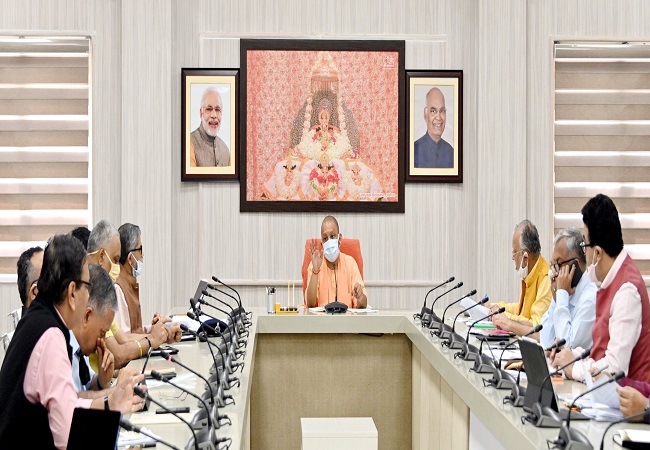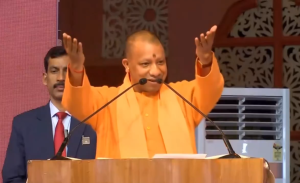Lucknow, 17 July: The prototype Aadhaar-linked birth registration (ALBR) effort in Uttar Pradesh may be replicated in Odisha, Bihar, and Jharkhand.
A group comprising representatives from the three governments visited health institutions associated with the implementation of ALBR in Lucknow. Each child born in a health institution is assigned a birth registration number under the system. The Unique Identification Authority of India (UIDAI) uses the same number to produce unique 12-digit identification for each kid shortly after birth.
The goal is to provide easy access of government schemes. It was created to increase birth registration in the state as well as to create a database of children for timely and reliable service delivery.
In addition, it was hoped that the system would aid in the monitoring of all welfare and health-related benefits, such as immunization and school admissions. Since the ALBR’s inception, approximately 60,000 children have been registered throughout 271 health institutions in 22 districts across the state. The initiative’s originality has piqued the interest of numerous state governments, who are now preparing to implement it in their own jurisdictions.
According to UIDAI officials, Unicef offered technical assistance to their division of vital statistics in implementing ALBR in Uttar Pradesh. In 2019, a pilot program at 26 government health centers was launched. Once the system had stabilized during the epidemic, it was introduced at 108 health institutions throughout eight aspirational districts in November 2021.
“A legal identity to every kid secures his/her claim to nationality, safeguards against assault, exploitation, and access to rights as necessitated by the countries,” said Piush Antony, a social policy specialist at Unicef, UP.
“A birth certificate serves as proof of age and aids in the protection of children from child labour, child marriage, sexual abuse, child trafficking, and other illegal acts in which juveniles are regarded as adults in order to carry out fraudulent actions,” he added.




